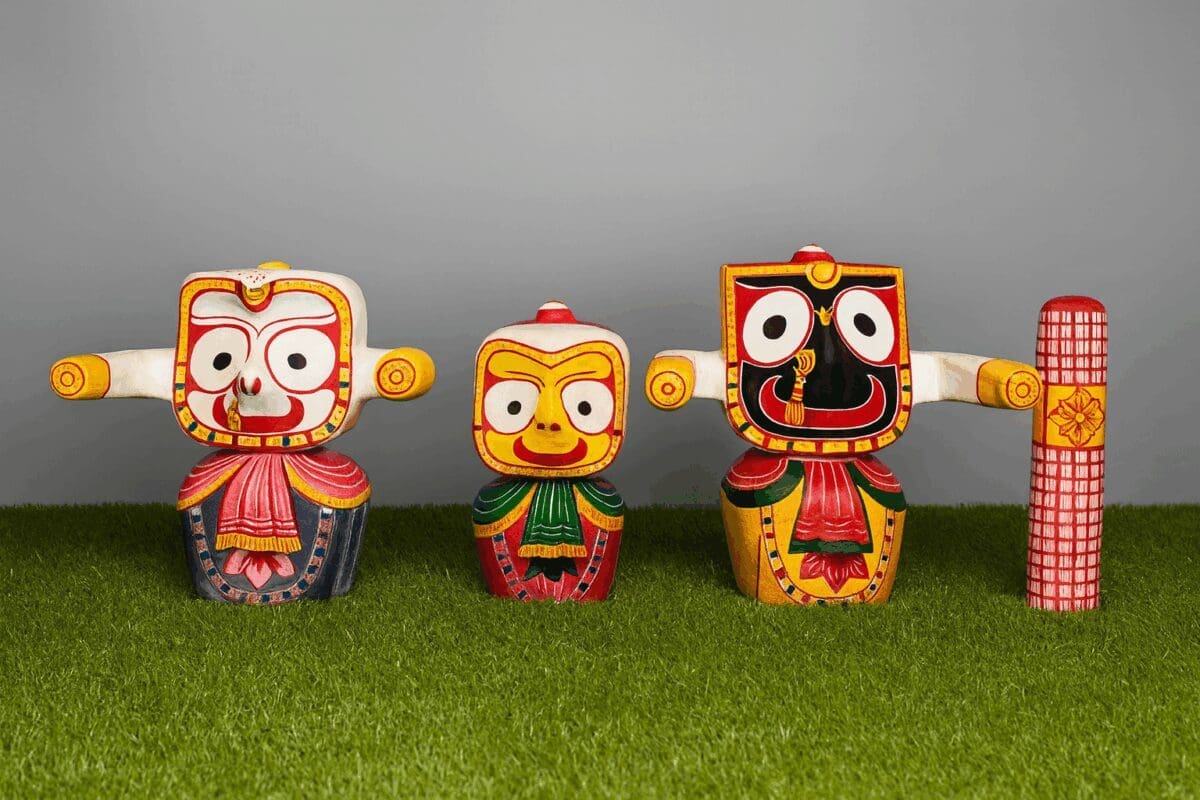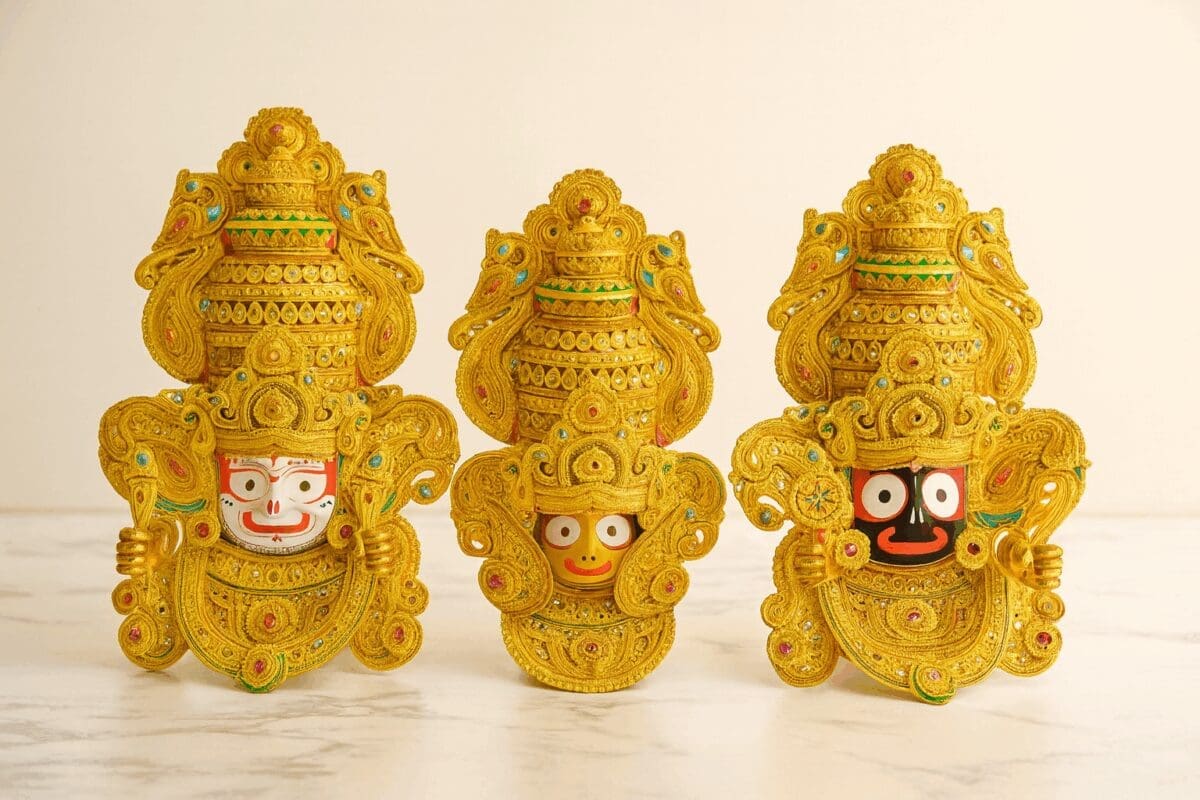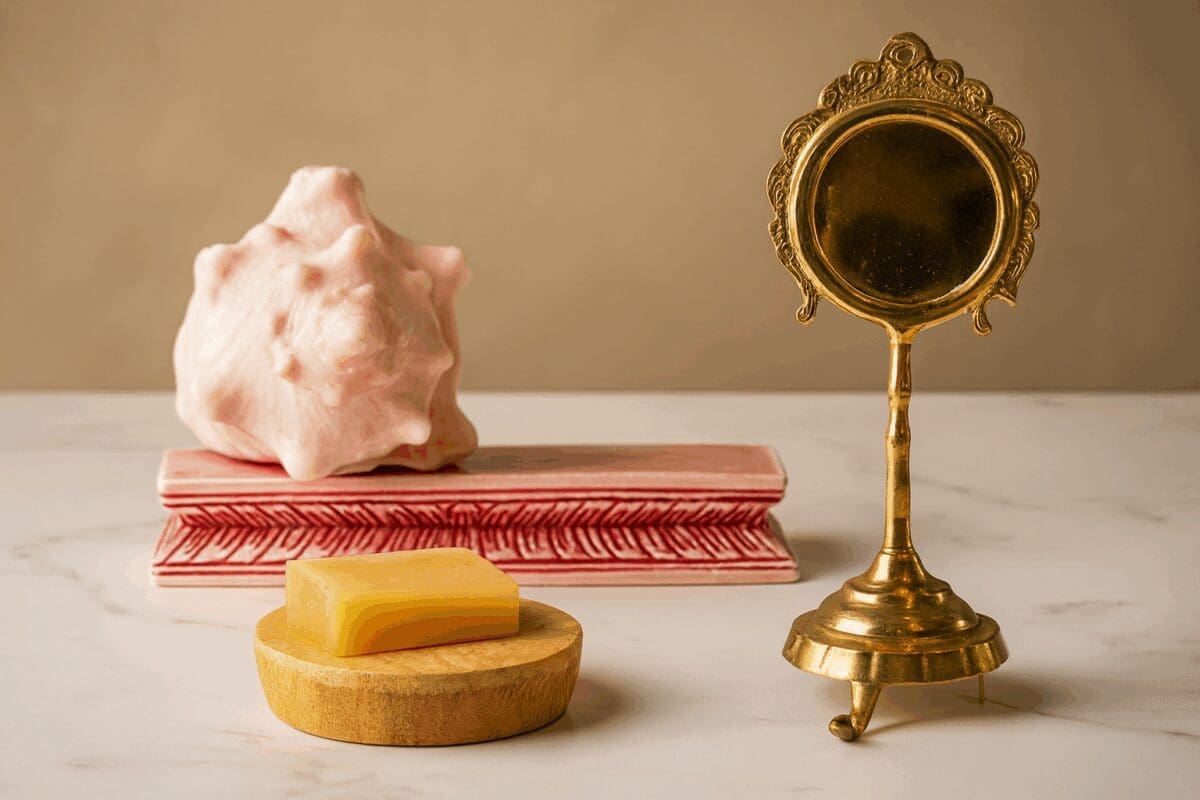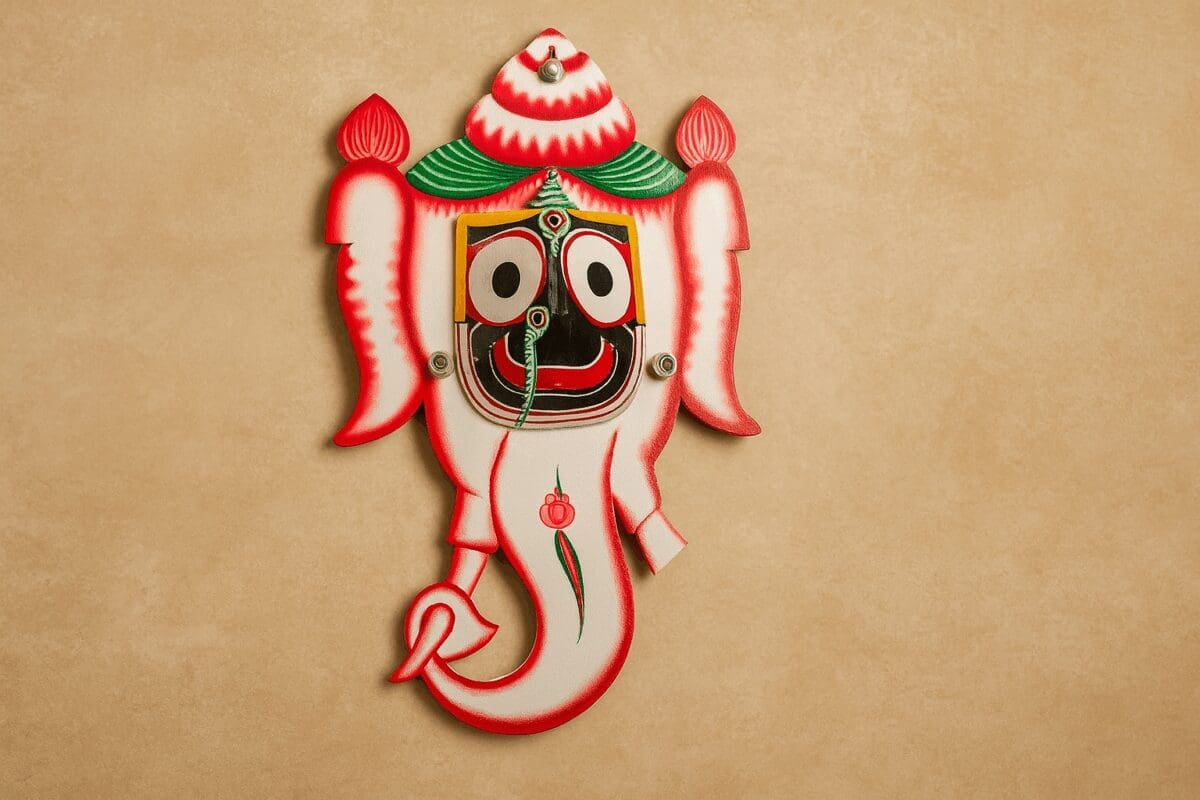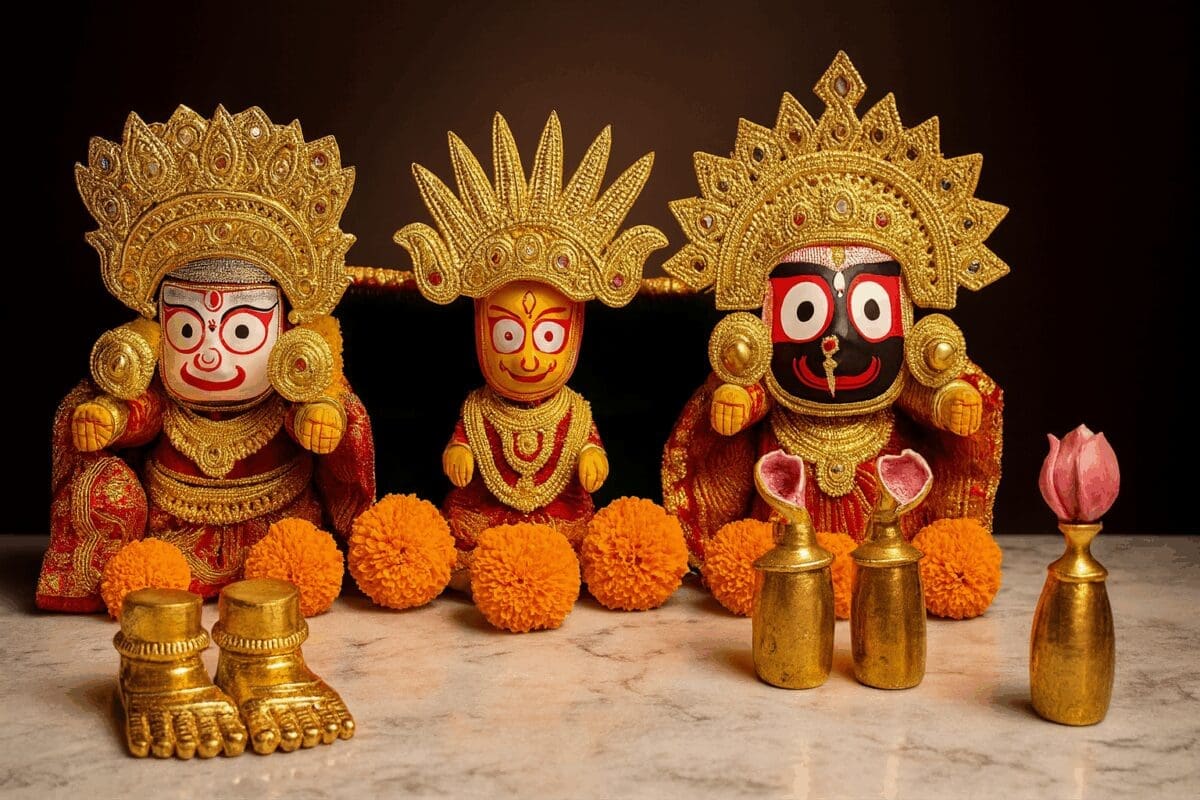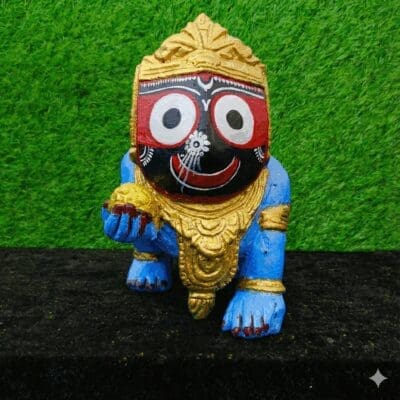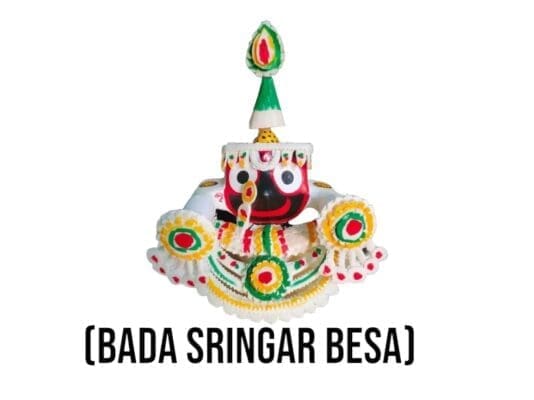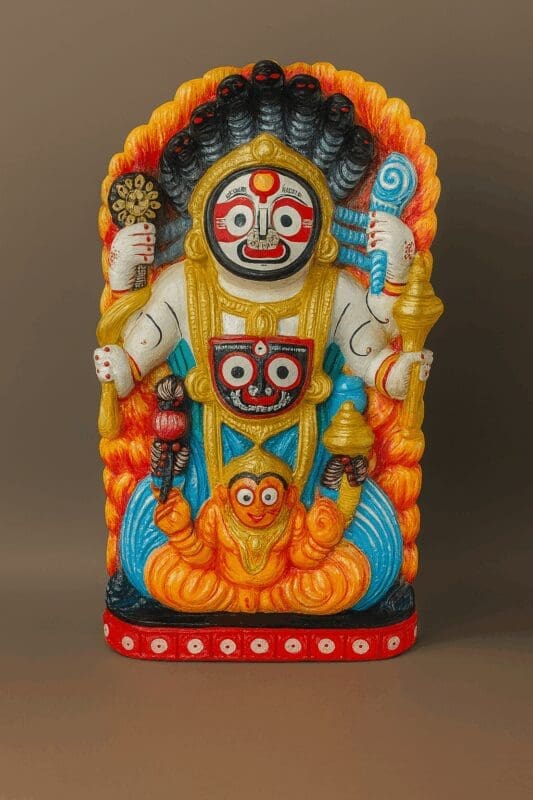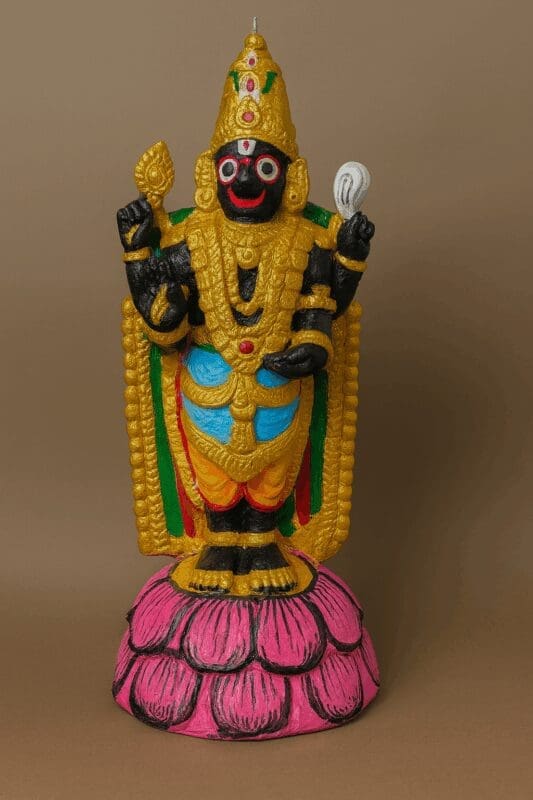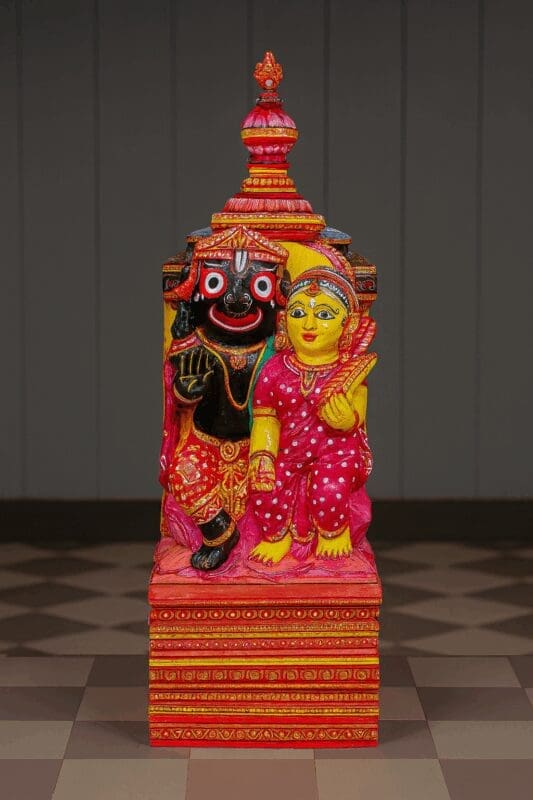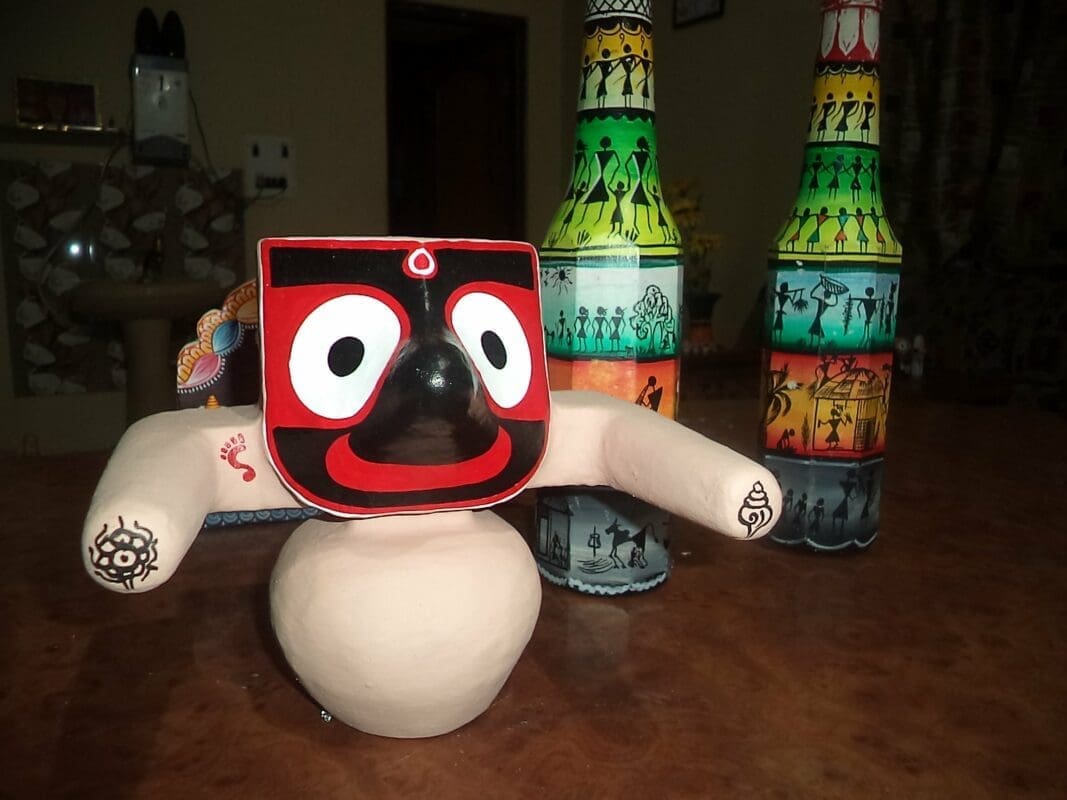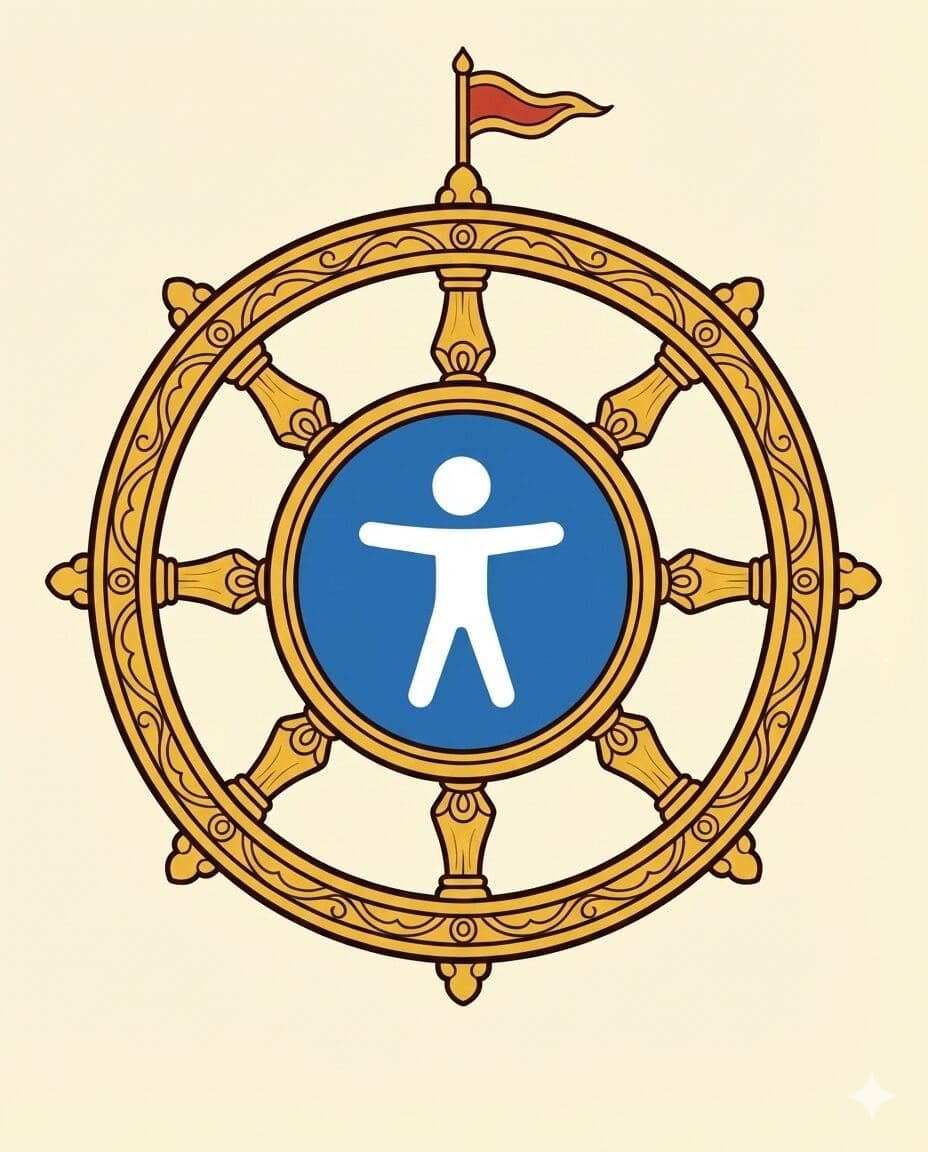All Besha Of Shri Jagannath Mahaprabhu
The Queen Who Saved Puri Temple
Born into royalty, Suryamani possessed a rare blend of intelligence, courage, and administrative acumen. From a young age, she displayed remarkable bravery, even slaying a crocodile that threatened her family. Her marriage to the Gajapati king placed her at the heart of Puri’s royal and religious life.
Following her husband’s untimely death, Suryamani faced numerous challenges. She navigated court intrigues, quelled rebellions among temple priests, and even provided relief during a devastating famine. Her strength and resilience were truly tested when her adopted son, the reigning king, was exiled.
Undeterred, Suryamani assumed control of the temple administration, fighting for its autonomy against British interference. She challenged the Puri Temple Act of 1880, which sought to wrest control from the Gajapati dynasty. Her legal battle, supported by eminent lawyers and public figures, ultimately led to a compromise that preserved the temple’s traditions and the honor of the monarchy.
Suryamani’s victory resonated throughout Odisha and beyond, solidifying her image as a protector of faith and tradition. She ensured the smooth functioning of the temple, maintaining peace and order among its vast community of priests and servitors.
Suryamani Patamahadei’s legacy extends far beyond her administrative achievements. She stands as a symbol of female empowerment, demonstrating that women can lead with courage and wisdom, even in the face of adversity. Her unwavering commitment to the Jagannath Temple and its traditions continues to inspire generations of devotees.


